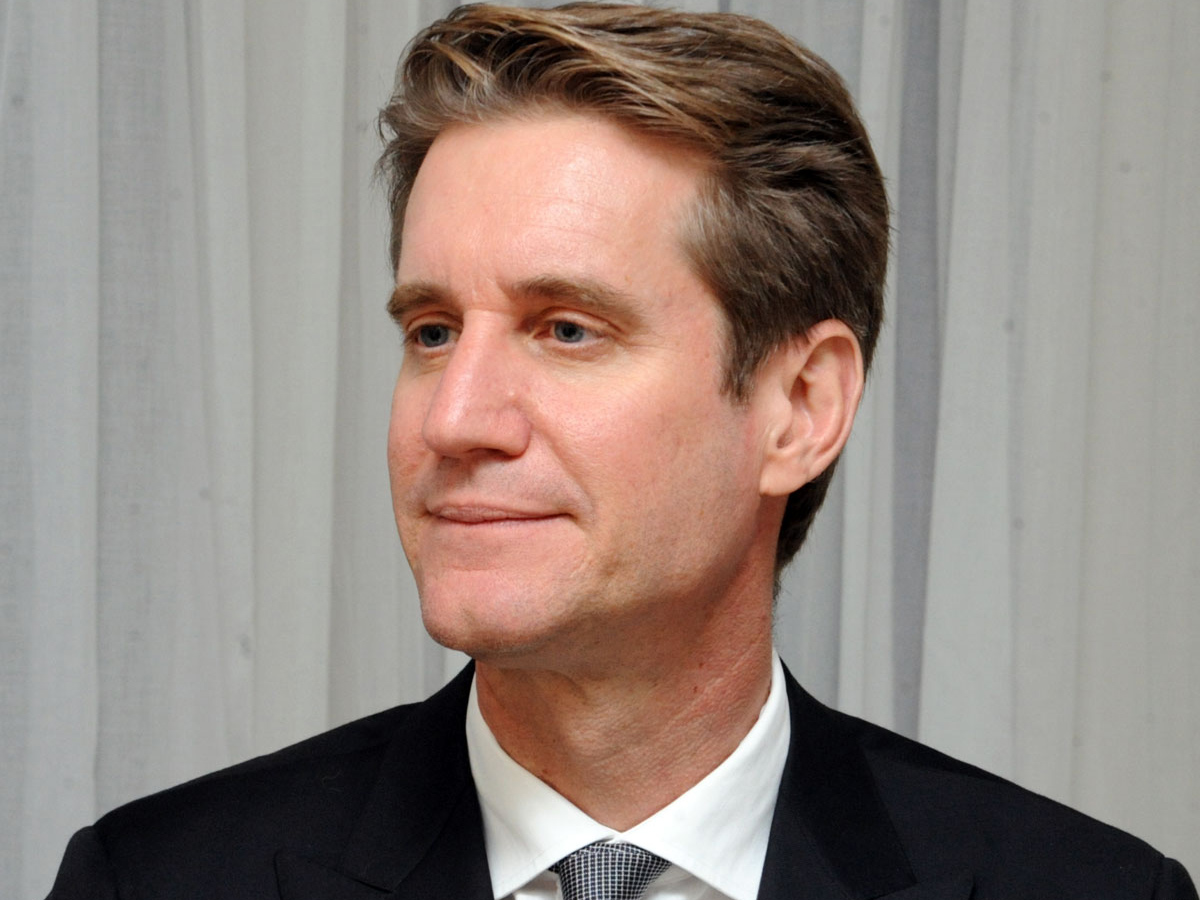Baku, Azerbaijan, July 15
By Anakhanum Khidayatova - Trend:
There is still a lot of mistrust and distrust between the US and Iran, Matthew Bryza, former deputy assistant of the US secretary of state for South Caucasus, former US ambassador to Azerbaijan and director of International Centre for Defense Studies in Tallinn told Trend July 15.
Commenting on the signing of the agreement between Iran and P5 +1 on Tehran's nuclear program July 14, he said that just because there is an agreement on nuclear questions doesn't mean all the other problems between Washington and Tehran are resolved.
Iran and P5 +1 (the US, UK, France, Russia, China and Germany) reached a historic agreement on Iran's nuclear program July 14.
The negotiations ended with adoption of a joint comprehensive action plan. If Iran carries out this plan, the economic and financial sanctions earlier imposed on it by the UN Security Council, the US and EU will be lifted.
Bryza expressed hope that the agreement will indeed become the foundation of a new and friendly relationship between Tehran and Washington.
"But first, the agreement has to be approved by the US Congress, where there will be a tough political battle," he said. "But I expect the agreement to pass."
Once that happens, of course President Obama¹s hope is that a new climate in relations between the two countries will form, and that the Iranian side is sincere in saying it wishes to begin a new page in Iran-US relations, Bryza added.
"There are of course many people who oppose the agreement in the United States, mostly Republicans in the Congress, as well as the governments of Israel and several Arab Gulf states, who believe that once the pressure of sanctions is taken away, Iran will become even more aggressive with regard to supporting terrorism and groups like Houthi rebels in Yemen or Hezbollah in a few months or a couple of years," he said.
Commenting on the remarks of Iranian politicians about opening of the US embassy in Iran, Bryza said that it is possible in the future though not imminent.
"Agreement does not eliminate decades of distrust and even hate between the two countries," he said. "Everything depends on how far and how quickly the improvements of relations move between the US and Iran. It thus depends on how far and how quickly Iran's behavior changes."
"If you follow the debates in Washington now, many Republicans say this agreement doesn¹t end Iran's financing of terrorism, and other destabilizing actions," said Bryza.
Whether the US will open its embassy in Tehran or Tehran will reopen its embassy in Washington will thus depend on other changes in behavior beyond the nuclear agreement, he added.
"But as I said in the beginning, we all hope that the new agreement will lead to improved relations," said Bryza.
Furthermore, he said that sanctions on Iran will remain in place for some time and be lifted over time as Iran implements the agreement.
"So, I think it will take one year or even more for the Iranian economy to pick up and get strong again," said Bryza. "Boeing, for example, has not been able to have normal relations with Iran to provide spare parts and services for all the aircraft it sold to Iran 40 years ago."
"But I know, during that period, many US companies will be eager to restore business with Iranian partners," he said, adding that of course, American energy companies, including oil services and drilling companies are very eager to get back to Iran.
"In general, there is great potential for trade between the US and Iran and there could be great trade opportunities for Azerbaijan and Turkey too," Bryza added.
---
Follow the author on Twitter: @Anahanum






